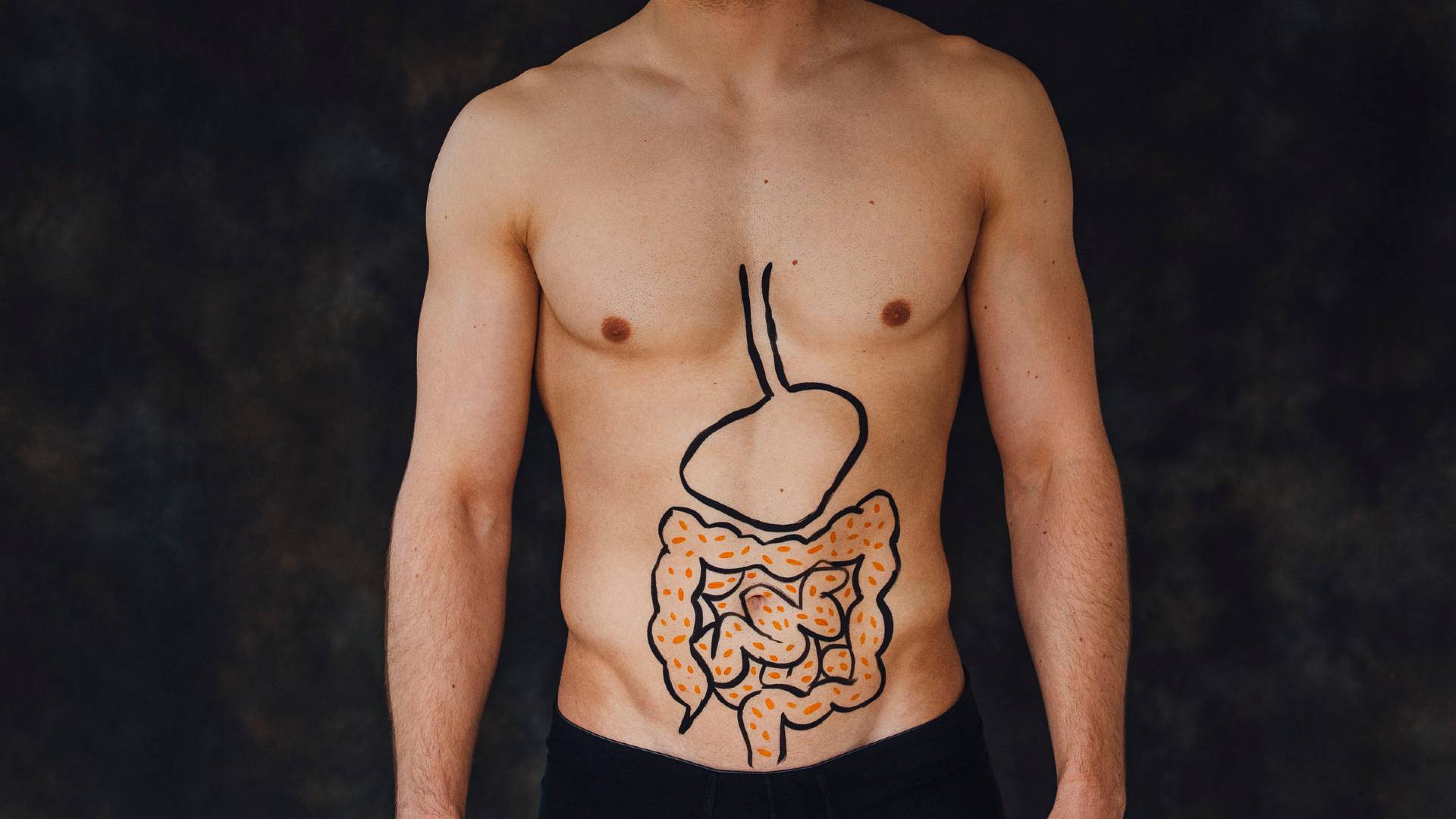Want To Improve Your Digestion? 3 Ways To Boost Your Gut Health
Gut health is the balance of trillions of microorganisms that live in our digestive tract. These bacteria, yeasts, and viruses are collectively called gut flora or gut microbiome, and maintaining the right balance of these microorganisms is vital for optimum physical and mental health and immunity.
Dr. Alexander Yip, Associate Consultant, Medicine, Alexandra Hospital says that maintaining a healthy gut health is important because “All the food we consume is ultimately broken down in the digestive tract to a simple form that can be absorbed by the bloodstream and be delivered as nutrients to our body. Our microbiome is not only responsible for processing food but plays a bigger, more complex role than previously appreciated. Every individual's gut is unique and has been linked to numerous aspects of health that have seemingly nothing to do with digestion, from immunity to chronic diseases and mental wellbeing.”
Dr. Yip suggests the following ways to improve gut health:
1. A healthy diet
“You are what you eat” stands true for the bacterial makeup of your gut, but so do a lot of other factors including the nature of your birth, being breastfed, the environment you were exposed to growing up and medications. There is data to show that diets, not specific food alone will change the gut. So eating a diverse diet rich in whole foods can lead to a diverse microbiota, which is beneficial for your health.
Fibre: A healthy diet comprising of whole grains and a wide variety of plant-based fibres is beneficial in helping to regulate the speed at which food moves through your gut. In addition, fibre promotes the growth of beneficial gut bacteria (such as Bifidobacteria, Lactobacillus and Akkermansia muciniphila).
Probiotics: Probiotics are beneficial microorganisms created through fermentation. Probiotics benefit the gut by enhancing its function and reducing the abundance of disease-causing bacteria in the intestines. Examples of probiotic-containing fermented foods include natural yogurt, kefir, tempeh, kimchi, miso and kombucha.
Prebiotics: Prebiotics are found naturally throughout our diet, but often in small quantities that promotes the growth of beneficial bacteria such as Bifidobacteria and Lactobacillus. Most commonly, they are carbohydrate components of indigestible dietary fibre from foods such as asparagus, artichokes, bananas, garlic, leeks, onion, and soybeans.
Polyphenols: Polyphenols are natural compounds in fruits, vegetables, herbs and grains that give foods their colour, taste and can act as prebiotics. As well as having anti-inflammatory and antioxidant properties, Polyphenols promote the growth of Akkermansia muciniphila, which helps maintain our gut lining and plays an important role in preventing the development of metabolic disease. Examples of Polyphenol-rich foods include cranberries, grapes, bamboo shoots, flax seeds, fish oil and black tea.
2. Common myths about gut health debunked
Myth 1: Bacteria is bad
Bacteria is often associated as a negative thing. However, our bodies contain both good and bad bacteria. The good bacteria, microbiomes, help regulate your metabolism, process foods and protect the body against infection.
Myth 2: Probiotics are the best for gut health
While probiotics can certainly benefit the gut they aren't a cure-all. Instead a consistent healthy and diverse diet, together with lifestyle is key. Instead of supplements, try filling up on probiotic and prebiotic-rich foods instead. And if you are happy with the way your digestive system is running, you do not actually need a probiotic supplement.
Myth 3: Daily pooping is normal, and optimal
Gastroenterologists quip that anything in the range of three times daily to three times weekly is normal, assuming the faeces is not too loose or hard. That is, regularity doesn't mean defecation should happen daily, but rather, that it should happen consistently. Frequency only becomes a concern when it changes suddenly, in either direction.
3. Lifestyle changes to improve gut health
Imbalances in your gut microbiome can disrupt your digestion, health and wellbeing. This is known as dysbiosis and a growing body of evidence is showing that your lifestyle could be a major influence.
Antibiotics: Antibiotics do not discriminate between good or bad bacteria and can alter the composition and diversity of your gut. It can potentially leave room for opportunistic microbes to grow out of control and alter your bowel habits.
Exercise: Less physically active people tend to have a less diverse microbiome than those who are more active. Exercise, even at a low dose but consistently has been shown to increases the abundance of health-promoting bacteria and enriches the diversity of the microbiome. Cardio workouts, aka aerobic exercise, are best. This includes activities like jogging, walking, cycling, dancing, and swimming.
Stress: While normal stress is part of life, prolonged experience of stress can lead to many forms of mental and physical health diseases. Stress has been linked to reduction in both abundance and diversity of beneficial bacteria in the gut. It is important to adopt stress management techniques such as mindfulness, meditation or exercise.
For the latest updates on Wonderwall.sg, be sure to follow us on Facebook and Instagram. If you have a story idea for us, email us at [email protected].











